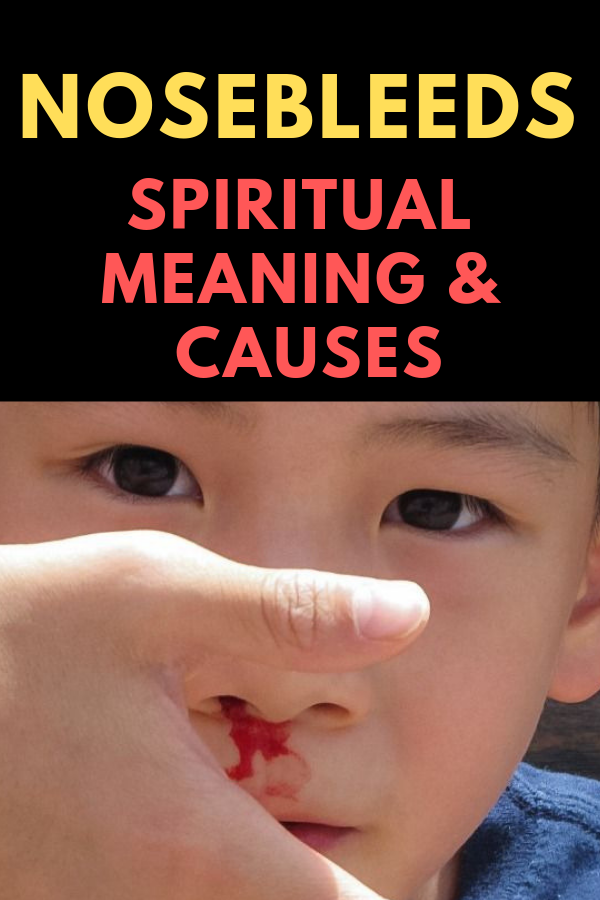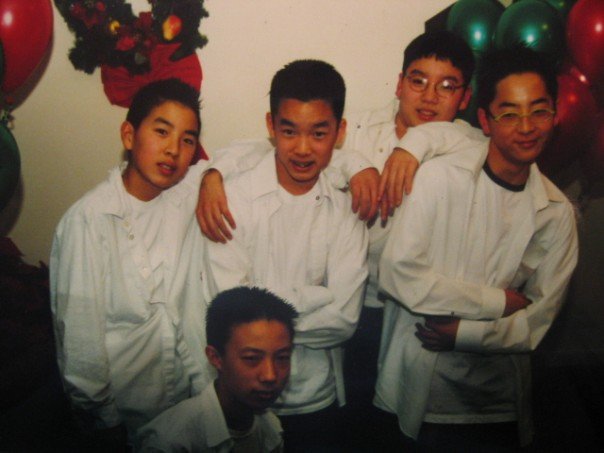I’ve had the great misfortune of bearing many nicknames, most of them not of my own creation. But I suppose that’s the purpose and power of a nickname: it’s given to you as a moniker, but even more so, a marker of your essence. It is the shorthand, the blurb so people can get a sense of you and your story. There’s always a story.
One of the more traumatic nicknames that was pinned on me was Kopee. It is the Korean word for nosebleed and it stuck with me for quite some time. Now, in a vacuum, it’s pretty innocuous; at worst, it is aesthetically unpleasant. But the genesis of said name was hardly that. It all began when we would kill time before service started. Some days we would play basketball or a rousing game of Cops and Robbers. But on other days, we’d play this cruelly game, concocted in the cauldron of all our twisted minds, called Peg ‘Em. The goal is plastered right in its name: to peg others. Thankfully, we’d play with a plush tennis ball, but even that would sting when hurled with murderous intent. There were a few rules, but that was only to keep the insanity at bay. Otherwise, the 30-minutes of gladiator-like free-for-all was our warmup before we went to worship God. The juxtaposition!
I am not what you call the nimblest of creatures. I am the lagging antelope that is preyed upon. What I lack in physical prowess I make up for in witticisms. In the colosseum that was the church’s parking lot, my humor did not serve me well. I could have easily sat out and played my Game Boy Color, but the only thing that eclipsed my aversion to pain was my yearning to be accepted. And so I played.
I would be remiss if I did not admit that Peg ‘Em provided me with a sense of exhilaration. The very thought of near misses to my temple as I mouth-breathed my way to safety was a literal breath of fresh air from the stuffy confines of my normal habitat. In that moment you feel invincible. Until you don’t. Even as I am typing this, I can vividly recall the moment: the game was almost at its conclusion and I was ecstatic that I was beginning to curry favor with the older, cooler kids in their oversized ECKO shirts and K-Swiss sneakers. The frenzy was still hyperactive when, in the corner of my eye, I saw one of the kids, David, grab the ball. One of the arbitrary rules of the game is that once the ball is picked up, everyone has to stop. Thankfully, I wasn’t the closest target so my labored breathing became a sigh of relief. David winds up like he’s about to heave a bullet. He’s out for blood. He launches its and the bright green blur hits the side of another kid’s head. The velocity was so high, though, that I didn’t have time to celebrate nor react; it had ricocheted off the intended target’s head and directly struck me on the nose. It was kind of like one of those scenes in a cartoon where there was split second of shock before a blood just gushed out of my nostrils. It wasn’t just from one side either; it was a double barreled bloodshed. Afraid that I had stained my pristine B.U.M. Equipment sweater that I had just got from K-Mart, I ran to the restroom. I returned with two crumpled of tissue paper, one in each olfactory cavity. Now, you might be thinking, what’s the harm? Accidents happen and a nosebleed isn’t that embarrassing. It wasn’t the act that was the source of trauma but the subsequent title of Kopee that had become my new name.
I tried to own it. For awhile, I even set my AIM Screen name to be Kopee2000. You look at the forensics of the situation and it shouldn’t have caused me this much angst but it did. It was just a name, after all. It’s probably my people pleasing proclivities, but I never really voiced my discomfort with it. Like an oversized suit, I didn’t wear it well. Maybe I took myself too seriously. Maybe I was embarrassed. But the new digs weren’t just a name for me but a reminder. A Truman Show-like replay of that moment.
But now, when I think about Kopee, I let out a hearty bellow. I laugh because of the level of insecurity during my peak angsty prepubescent days. I laugh because, after allowing it to breathe, the optics of the situation is quite hilarious. But I also laugh because I realize, what’s really in a name? Let me drop some Shakespeare:
“What’s in a name? That which we call a rose
By any other name would smell as sweet.” (Spoken by Juliet, Act II Scene II)
I find the obsession over names in the Bible so fascinating. Whether it was Jacob demanding for a new name or parents naming children as a (passive) aggressive point (i.e. Leah naming her first son Reuben, meaning “Because the LORD has looked upon my affliction; for now my husband will love me”, Gen. 29:32), it strangely resonates. I think we all have an innate desire for the grand. We want to live up to something, perhaps fulfilling and exceeding our wildest dreams. And a name might seem significant. But in the end, my name is nothing more than just that. The real value is in the person that bears it.
Ironically, I have had only one nosebleed since that moment. And that one doesn’t even count because it was from vigorous nose picking. And so Kopee, and other nicknames (good and bad), don’t carry any more weight. They’re fun stories and a great way to laugh about the past, but when I ask myself “what’s in a name?”, I know that it is simple rhetorical. Anecdotal transforming into proverbial. Very on-brand, right?
Thanks for reading.


 myself, “why are you the way that you are?” And so I wondered to myself, post-sermon, what some of the viewers that chose not to allow the camera were doing while listening/watching? Were they eating their dinners while watching? More importantly, what kind of food were they eating? Noodles? Sandwich? Steak? Sushi? Or were they playing a video game and listening to me as background inspiration? Perhaps they just had a large pimple on the precipice of exploding and they did not want an unwanted guest to the party. I don’t know. I’m just curious. Or crazy. These are the thoughts that keep me up at night.
myself, “why are you the way that you are?” And so I wondered to myself, post-sermon, what some of the viewers that chose not to allow the camera were doing while listening/watching? Were they eating their dinners while watching? More importantly, what kind of food were they eating? Noodles? Sandwich? Steak? Sushi? Or were they playing a video game and listening to me as background inspiration? Perhaps they just had a large pimple on the precipice of exploding and they did not want an unwanted guest to the party. I don’t know. I’m just curious. Or crazy. These are the thoughts that keep me up at night.